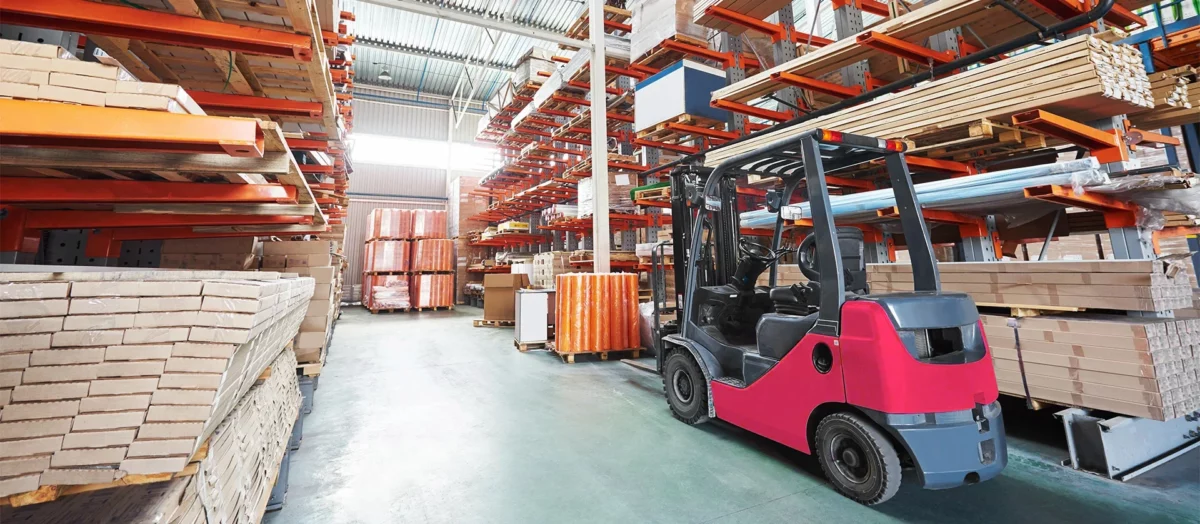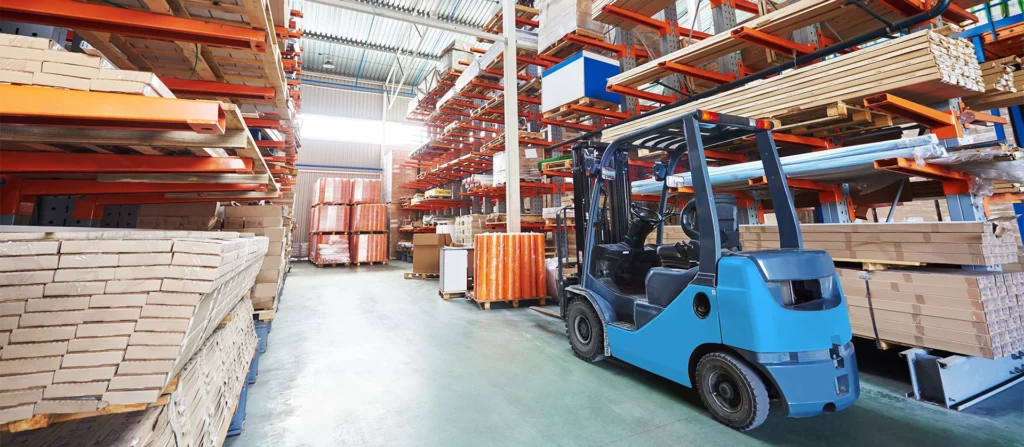Local Building Materials Distributors and Dealers Face Challenges (but also Opportunities) from Online Retailers

Construction has always been seen as a stable industry with nearly unlimited growth potential. When a new business, church, community building, or any other structure needs to be built, those funding it all turn to construction companies to get the materials they need to make it happen. This is why, in the past, virtually anyone with good business sense could open up a local building materials company and expect to do quite well. However, numerous challenges to that business model have arisen and the entire concept is under threat. Let’s look at those emerging threats and consider some ways that a local building materials shop can fight back.
Consumers Demand Ease of Access to Products
Consumers increasingly insist that they should get what they need the moment they need it. Blame it on Amazon, Netflix, or any of the other on-demand service that most of us rely on every day. An astounding 82% of American households have an Amazon Prime membership that entitles them to free shipping on most products. Additionally, the company promises two-day (in some cases one-day or same-day) delivery. These services have forced other online retailers to up their game as well and offer the same or similar perks for their customers.
Epicor.com published a post about some of the issues that building materials companies are facing right now, and in it, they detail how these companies have been practically forced to offer some of their products online to remain competitive:
“The lumber and building materials (LBM) industry might be made up of physical products, but digital strategies are just as important as bricks and substrate. You’re stuck in the middle between suppliers and consumers in an increasingly digital space. Customers want to shop online to easily hunt for the best bargain. If you’re stuck doing things the same way as ten years ago, you’re missing sales.”
Many business owners report that they do feel more pressure from their customers and outside stakeholders to offer as many of their products as possible online. There is nothing wrong with catering to that demand, but local companies may feel that they do their best in person. With a limited supply of products and no way to transport them directly to their customers, it is likely easiest to try to generate as many in-store sales as possible.
Supply Chain Hang-Ups Alter How Business Is Done
One relatively recent development that has given some advantages to smaller stores is the significant supply chain bottlenecks for various building materials. The COVID-19 pandemic kicked off a series of events that led to unprecedented issues in the global supply chains of many different types of goods.
It appears that there is no decline in demand for building materials, but there are issues with getting supplies from Point A to Point B. Online retailers of these products face issues that they could not have imagined just two short years ago. The fact that many materials are on significant backorder (if they are available at all) has left many customers fuming. Now, some of those customers are once again doing business with their local building materials shops.
Here are some reasons why these supply chain issues might not be thawing any time soon:
- COVID-19 Remains Prevalent Throughout the World – People can slice and dice the numbers a million different ways, but the bottom line remains the same. COVID-19 still exists and is still raging throughout many parts of the world. The pandemic has not cleared, and in some areas, it is at its worst peak since the crisis began.
- Labor Shortages Have Hit Everywhere - There is almost no sector of any economy in the world that isn’t experiencing labor shortages. Some workers have fallen ill and are unable to return to work. Others are caring for their relatives and cannot work. Some took time to re-evaluate their lives, and others are doing just fine without the income they once needed. The resulting labor shortages are slowing down production all throughout the supply chain.
- There Is a Lack of Clarity About What Happens Next - The business world hates uncertainty, and there is a lot of it right now. The virus has thrown several curveballs since it first came into play, and it will likely continue to do so well into the future. Businesses may not react until they have a better grasp of what may happen next.

How a Local Building Materials Store Can Benefit
We have discussed the challenges that local building material stores are facing, and we discussed why some of those issues will persist for the foreseeable future. So, how can the local shop take advantage of this moment?
Same-Day Delivery
People love their online orders, especially when they arrive quickly. However, as mentioned above, that is not happening nearly as often as it once did. Thus, construction companies are looking for businesses that can provide them with the rapid delivery they were accustomed to. That is where the local shop can step up. Guaranteed same-day delivery of in-stock products can make all the difference and win the day. Customers who come to rely on their local materials shop for same-day parts may stick with them when supply chains eventually return to normal.
Doing same-day deliveries can be an operational challenge for many building supply companies with a small fleet of delivery vehicles. They may not have the drivers or vehicles to accommodate the demand on any given day. A jobsite delivery partner can provide the scalability, reliability, and speed needed to guarantee same-day deliveries.
On-Demand Service
Skip the contracts and the bulk orders for the time being. Allow customers to order individual parts and products as needed to fulfill their project needs. On-demand service for individual items and small orders is an excellent way to show respect for your customers’ balance sheets and help get them through current projects. They will surely appreciate this flexibility.
Again, on-demand deliveries might be beyond the capability of local suppliers with limited fixed assets. A jobsite delivery partner can help these businesses scale up their capacity as needed and deliver materials quickly when customers need them.
Sustainable Service
Being able to offer a differentiator that large online retailers cannot, will also put you ahead of the crowd. Finding a delivery partner that can offer your customers sustainable delivery options and still be able to provide them with same-day and on-demand service will become more and more important. As the world relies on having everything delivered to its doorstep within days or hours, emissions from tailpipes, landfill from packaging, and street congestion all impact climate change. Looking into Renewable Delivery offerings will become the future.
Friendly Service
A website will never provide a human touch, no matter how much it is refined. Friendly service offered by people who express genuine concern for their customers is an advantage that brick-and-mortar stores will likely carry over their online counterparts forever. Now is the time to press that advantage as much as possible. It’s all about responsive, customer-f
